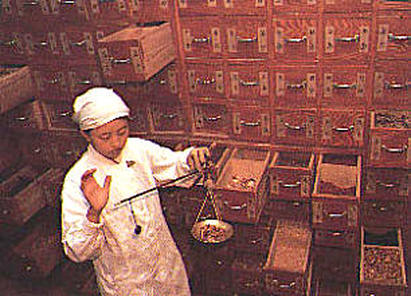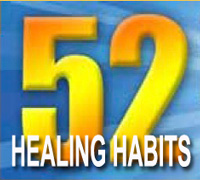Are Chinese Medicine Safe?
In a popular Chinese drugstore in the Philippines, one can find an array
of products that have Chinese characters that are beyond the comprehension of most Filipinos. They are written all over the packaging. To search for the
required BFAD permit number, Lot/Batch No., manufacturing date and expiry date will lead you nowhere. They are simply not there.
If one takes some time people-watching in one of these drugstores, you may find people dropping by to ask the Chinese owner what is good for this particular ailment with such features and accompanied by this other malady. The old man, trying to impress upon the hapless Filipino that he bears the wisdom of the ages (without a degree to back it up), would dispense some products that the native will swallow hook-line-and-sinker!
A recent study conducted at Murdoch University in Australia showed that samples of herbal teas, capsule, flakes and powders from products seized by the Australian border officials revealed that almost 70 different plant families from 15 samples contained toxic materials if taken in the wrong
dose or quantity.
For these products that came without the benefit of Google-translated packaging materials that is so often present in subtitles of pirated DVDs and Chinese products, knowing the right dose, timing of intake, and duration of treatment is at best a simple guesswork.
Other plant agent such as Aristolochic Acid that cause urinary tract and kidney cancer was also found by the researchers. Illegal substance likely ephedra was also found among the seized imported goods.
Human life is not only at risk when consumers go for Chinese medicines. The world’s fauna are also in danger. The Australian researchers found traces of endangered animals such as Saiga antelopes. Labels that bear
these products were also misleading. Touted to be “100% Saiga Antelopes”actually contained goat and sheep DNA.
Some patrons (and matrons) of Chinese medicines are practicing Hindi. Little they know that some products from drugstores selling traditional
Chinese medicine actually contain deer and cow parts.
One cannot expect that the sales of traditional Chinese medicines will decline in the years to come. Doctors often advise patient to refrain from
taking medicines the pharmaceutical industry, Food and Drug Administration, much less the patient, have little knowledge of. What is often clear is the fact that these products hold little promise to the consumer. The drugstore will continue to sell since it is lucrative. They do not have any ethical principles to govern their business.
(By the way, I have Chinese blood running through my veins and I
am a businessman, as well.)


 RSS Feed
RSS Feed